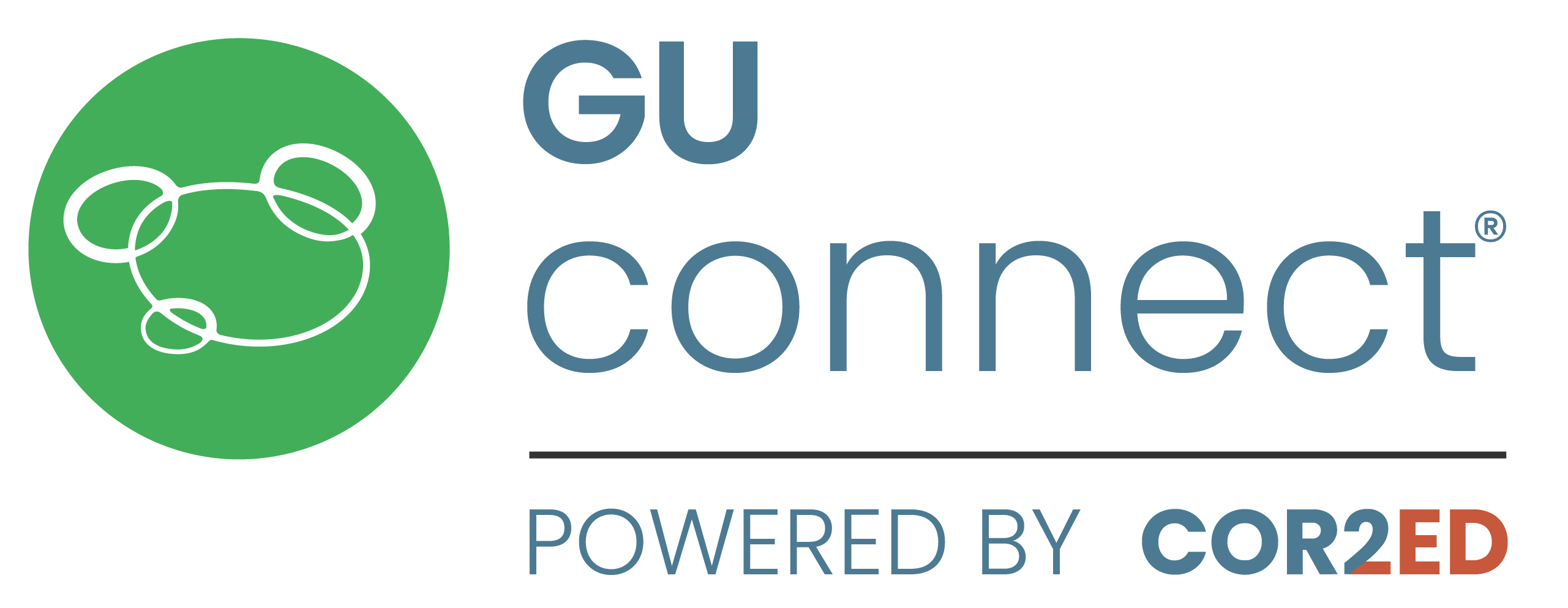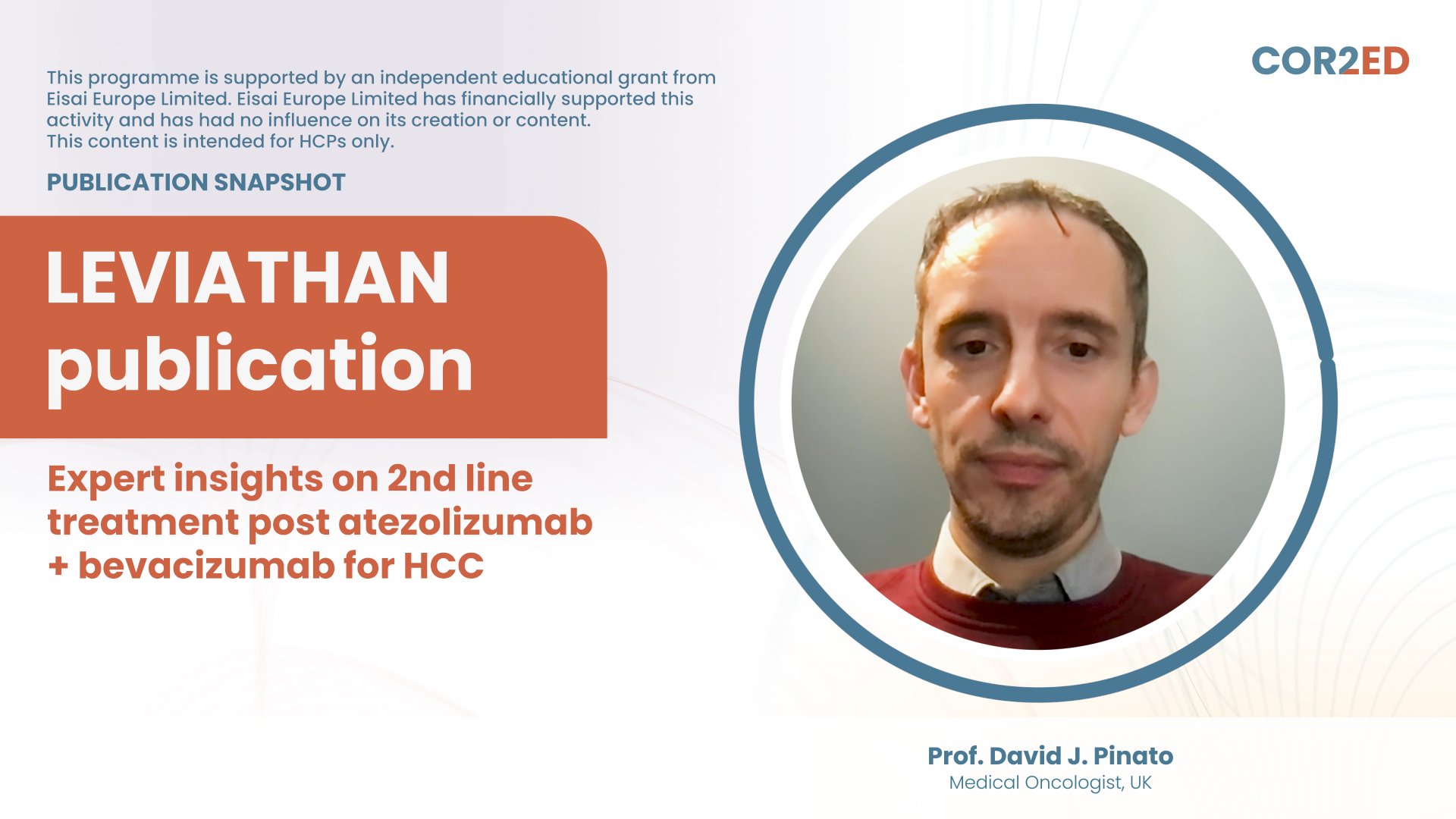Watch the video and download the slides.
Individualising treatment strategies for nmCRPC
Hello everyone, I'm Dr Ray Manneh, I'm a GU oncologist at the Society of Oncology and Hematology from del Cesar in Colombia and I'm going to talk about how to individualise treatment strategies for non-metastatic castration-resistant prostate cancer.
We are going to see the slight differences in the drugs that will help us to choose the best treatment for each patient.
Non-metastatic castration-resistant prostate cancer is defined by rising PSA levels with testosterone in castration levels without evidence of metastasis by conventional imaging.
Patient Population Considerations
We know that this patient population is at higher risk of dying from prostate cancer and we have to treat them in order to prolong their life while maintaining their quality of life.
As you know these are elderly patients, they have comorbidities, and we have to maintain their quality of life without increasing their risk factors.
nmCRPC Treatment Strategy
The alternatives we have are apalutamide, enzalutamide and darolutamide. Darolutamide has a distinct structure, and we should know that it has a less penetration of the blood-brain barrier. This could lead in a better safety profile.
We have to choose the best treatment for each patient and the first thing that that we should know is that when we are choosing the treatment strategy, it doesn't matter the age of the patient.
At ASCO this year Dr Fallah showed that the patient with more than 80 years derived the same magnitude of benefit than younger patients. What he also showed was that they had more frequent adverse events, so these adverse events were fatigue, hypertension, falls, cardiovascular events and cognitive impairments.
We have to evaluate at baseline their cardiovascular risk, we have to do lots of awareness in the patient and with their family, we have to take in consideration drug-drug interactions, and we also have to evaluate cognitive dysfunction at baseline and at every visit to avoid this issue.
Take-Home Messages
The take-home messages are that these patients are asymptomatic we have to carefully choose the treatment according to the patient profile.
Doing the risk benefit analysis, we will most of the time choose to start treatments, but we have to evaluate their comorbidities, their cardiovascular risk and their baseline cognitive function not only with the patient but also with their caregivers.
Thank you very much on behalf of GU CONNECT. You can go to guconnect.cor2ed.com to download the slides.
Scientific director at Sociedad de Oncología y Hematología del Cesar, Valledupar, Colombia. Chief of Genitourinary Unit and Clinical Research Unit. Medical Oncologist at Clínica Portoazul, Barranquilla, Colombia. I completed medical school at Universidad del Norte, Barranquilla Colombia. Medical oncologist from University Hospital 12 de Octubre in Madrid, Genitourinary Fellow in the GU unit at University Hospital 12 de Octubre. Master in molecular oncology from Centro de estudios biosanitarios, CNIIO, ESO. Founder of Grupo de Oncología Genitourinaria de Colombia. Member of SEOM, ACHO and LACOG-GU. I focus my practice on patients with prostate, bladder, kidney and testicular cancer.
Astellas, AstraZeneca, BMS, Dr Reddys, Roche, Janssen, Lilly, MSD, Novartis and Technofarma.
Other programmes of interest
Metastatic breast cancer: Understanding HER2-low and HER2-ultralow classification
A novel therapeutic framework
Experts
Dr Komal Jhaveri, Oncology Brothers (Moderators)Thriving beyond an EP-NEC diagnosis
Perspectives on treatment and care
Navigating extrapulmonary neuroendocrine carcinoma (EP-NEC)
Insights for patients and care partners
ESMO 2025: Gastric and gastroesophageal cancer insights for clinical practice
On-demand materials from an Experts Knowledge Share event




 Downloadable
Downloadable  6 MIN
6 MIN
 Dec 2025
Dec 2025 








